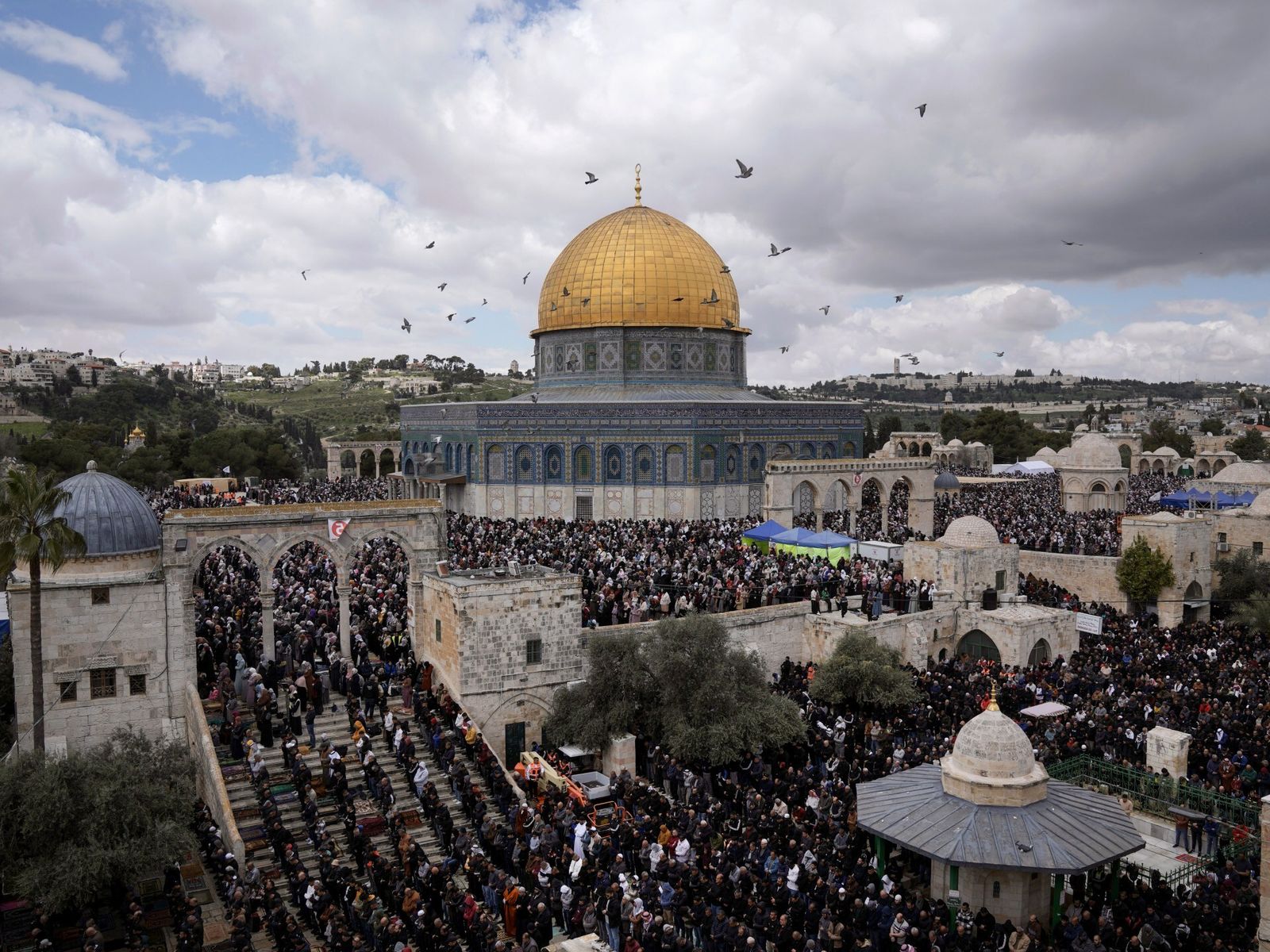
Is Palestine a state? This question sparks much debate and curiosity. Palestine refers to a region in the Middle East with a rich history and complex political landscape. While Palestine is recognized as a state by over 130 countries and has observer status at the United Nations, it doesn't have full UN membership. The territories commonly associated with Palestine include the West Bank, Gaza Strip, and East Jerusalem. However, the sovereignty and borders of Palestine remain contentious, with ongoing conflicts and negotiations. Understanding the status of Palestine requires delving into historical events, international law, and current geopolitical dynamics.
Key Takeaways:
- Palestine has a rich history dating back to ancient times, with influences from Roman rule and the Ottoman Empire, shaping its cultural heritage and political landscape.
- The diverse geography and climate of Palestine offer a mix of landscapes, from coastal plains to mountain ranges, and its cultural heritage reflects a blend of various influences, making it a unique and fascinating place to explore.
History of Palestine
Palestine's history is rich and complex, spanning thousands of years. Here are some fascinating facts about its past.
- Ancient Roots: Palestine's history dates back to ancient times, with evidence of human habitation as early as the Paleolithic era.
- Canaanite Civilization: The region was known as Canaan in ancient times and was inhabited by the Canaanites.
- Biblical Significance: Palestine holds significant importance in the Bible, being the land where many biblical events took place.
- Roman Rule: The Romans conquered Palestine in 63 BCE, and it remained under Roman control for several centuries.
- Ottoman Empire: From the early 16th century until World War I, Palestine was part of the Ottoman Empire.
Geography and Climate
Palestine's geography and climate are diverse, offering a variety of landscapes and weather patterns.
- Diverse Landscapes: Palestine features a mix of coastal plains, mountain ranges, and desert areas.
- Mediterranean Climate: The coastal regions experience a Mediterranean climate with hot, dry summers and mild, wet winters.
- Jordan River: The Jordan River, a significant water source, flows through the eastern part of Palestine.
- Dead Sea: The Dead Sea, the lowest point on Earth's surface, lies on the border between Palestine and Jordan.
- Biodiversity: Palestine is home to a wide range of flora and fauna, including many endemic species.
Cultural Heritage
Palestine's cultural heritage is a blend of various influences, reflecting its long and diverse history.
- Languages: Arabic is the official language, but Hebrew and English are also widely spoken.
- Cuisine: Palestinian cuisine is known for its rich flavors, featuring dishes like falafel, hummus, and maqluba.
- Traditional Dress: Traditional Palestinian clothing includes the thobe, a long embroidered dress worn by women.
- Music and Dance: Dabke, a traditional Palestinian dance, is performed at weddings and other celebrations.
- Handicrafts: Palestinian artisans are known for their intricate embroidery, pottery, and glasswork.
Political Landscape
The political situation in Palestine is complex and has been a focal point of international attention for decades.
- Statehood: Palestine is recognized as a state by 138 of the 193 United Nations member countries.
- Gaza Strip and West Bank: The Palestinian territories consist of the Gaza Strip and the West Bank.
- Palestinian Authority: The Palestinian Authority governs parts of the West Bank and Gaza Strip.
- Peace Process: Numerous peace efforts have been made to resolve the Israeli-Palestinian conflict, with varying degrees of success.
- International Support: Many countries and organizations support Palestinian statehood and humanitarian efforts in the region.
The Final Word on Palestine
Palestine's rich history and culture make it a fascinating topic. From its ancient cities to its modern-day struggles, there's always something new to learn. The region has seen countless civilizations come and go, each leaving its mark. Today, Palestine continues to be a place of significance, not just politically but also culturally and historically.
Understanding Palestine means appreciating its diverse heritage and the resilience of its people. Whether you're interested in its historical landmarks, its vibrant culture, or its ongoing quest for statehood, there's no shortage of compelling stories.
So, next time you hear about Palestine, remember the depth and complexity behind the headlines. It's a place where history and modernity intersect, offering endless opportunities for discovery and understanding. Keep exploring, and you'll find that Palestine has much more to offer than meets the eye.
Frequently Asked Questions
Was this page helpful?
Our commitment to delivering trustworthy and engaging content is at the heart of what we do. Each fact on our site is contributed by real users like you, bringing a wealth of diverse insights and information. To ensure the highest standards of accuracy and reliability, our dedicated editors meticulously review each submission. This process guarantees that the facts we share are not only fascinating but also credible. Trust in our commitment to quality and authenticity as you explore and learn with us.


